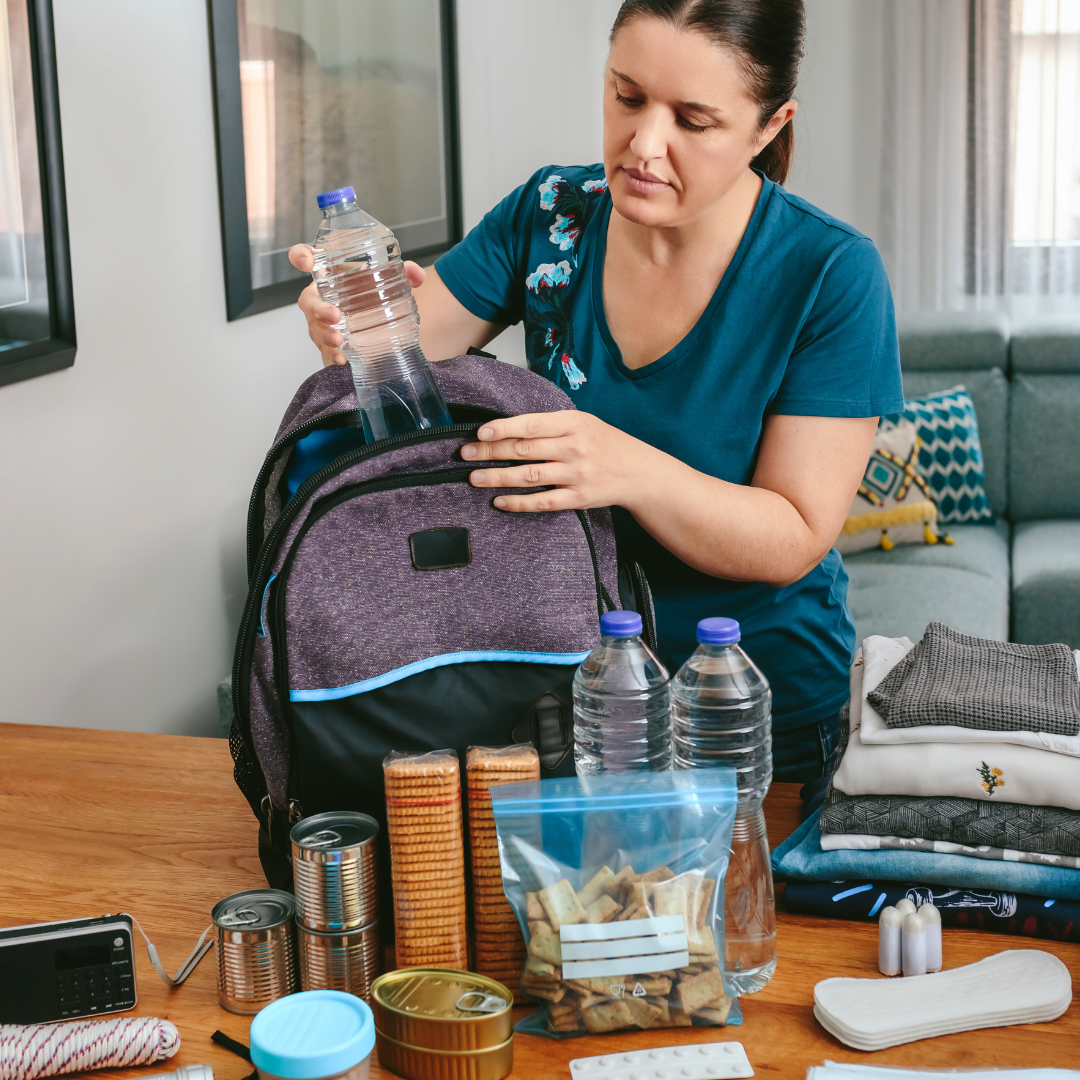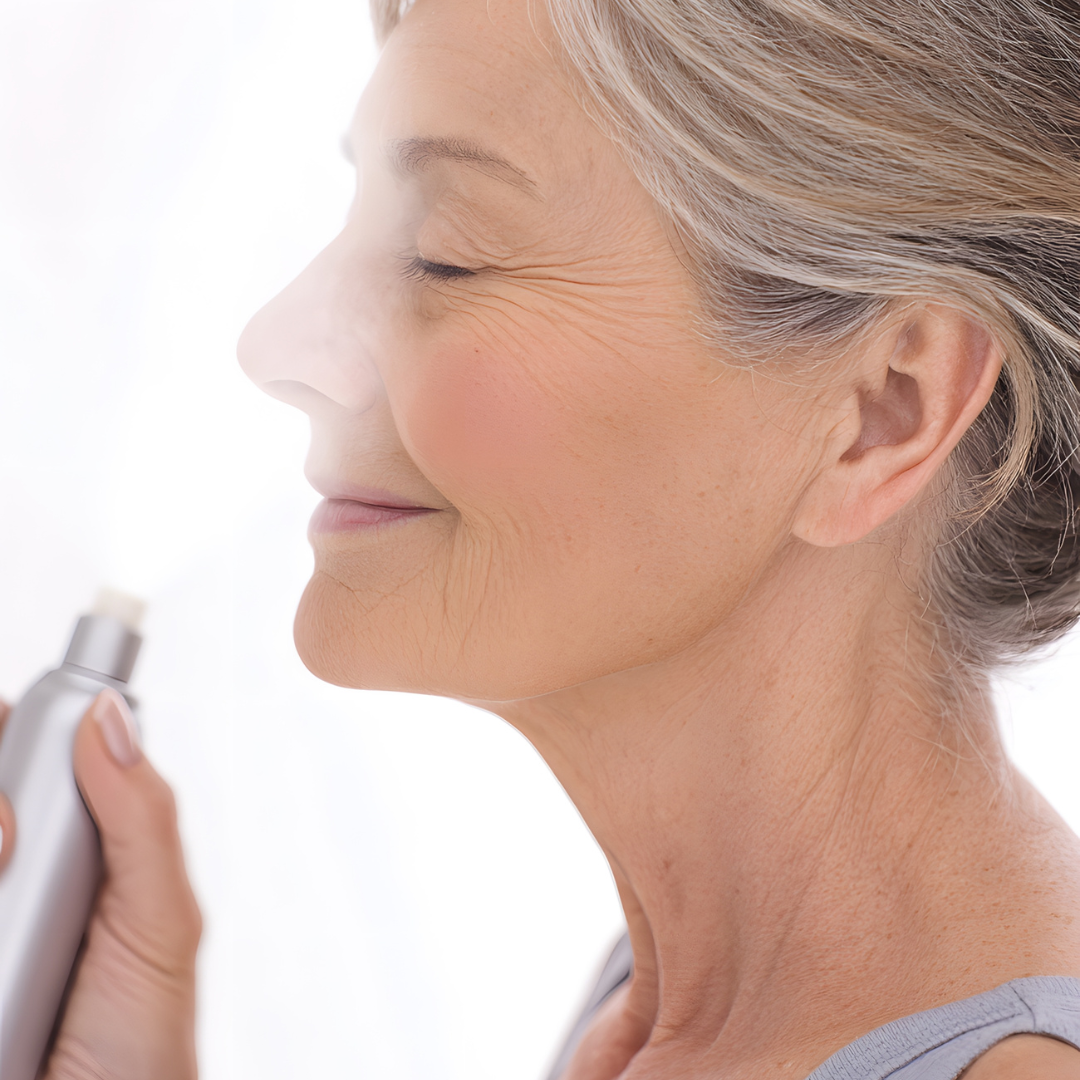Tornado Safety and Preparedness for People with Diabetes

Tornadoes are dangerous storms that can strike with little warning. If you have diabetes, being prepared is even more important. Having a plan and the right supplies can help keep you safe and healthy during an emergency.
When Is Tornado Season?
Tornado season varies across the United States:
- Southern states (like Texas and Louisiana): March to May
- Central states (like Kansas, Oklahoma, Nebraska, and Iowa): April to June
- Northern states (like Minnesota and Wisconsin): June to August
That said, tornadoes can happen at any time of year, so it’s always good to be ready.
How to Prepare for a Tornado
1. Create an Emergency Kit
If a tornado strikes, you may not have access to food, water, or medicine for a while.
Pack a kit with:
– Enough diabetes supplies for at least two weeks (CGMs, insulin pump supplies, insulin, test strips, syringes, etc.)
– A cooling case for insulin (like a FRIO pack) in case the power goes out
– Other injectable or oral medications (other than insulin)
– Extra batteries for your glucose meter or insulin pump
– Non-perishable snacks (such as granola bars, crackers, nuts) and water (enough for at least three days)
– A glucose source (such as glucose tablets or juice boxes) to treat low blood sugar
– A list of emergency contacts, your medical information, healthcare providers, and a copy of prescriptions
– A medical ID bracelet or necklace that indicates what conditions you are living with
2. Know Where to Go
If a tornado warning is issued, go to a safe shelter right away. This can be a basement, storm shelter, or an interior room on the lowest floor of your home. Avoid windows and cover yourself with blankets or a mattress for protection. If you’re away from home, find the nearest safe place like an interior room in a school or workplace, a designated shelter area in a shopping mall, or a basement or lower level of a building.
3. Have a Plan for Power Outages
Tornadoes can knock out power, which can be a problem if you use an insulin pump or need to keep insulin cold. Keep extra ice packs or a small cooler ready in case you need to store insulin without a refrigerator. Battery-powered or solar chargers can also help keep medical devices running.
4. Stay Informed
Sign up for weather alerts on your phone or keep a battery-powered radio in your emergency kit. If a tornado watch is issued, it means conditions are right for a tornado. A tornado warning means one has been spotted – take cover immediately!
5. Have a Communication Plan
Let friends/family know your condition and emergency plan. Stay in touch regularly. Identify shelters or locations that support your medical needs.
What to Do After a Tornado
If a tornado hits your area, it’s important to check your blood sugar levels more regularly. Stress and changes in eating patterns can make your levels go up or down. It’s also important to know the signs of high/low blood glucose.
– High: frequent urination, fatigue, dry mouth, increased thirst and hunger.
– Low: shakiness, sweating, dizziness, confusion, rapid heartbeat
If you lose your diabetes supplies, seek medical help as soon as possible. Many emergency shelters can provide medications and assistance.
The Best Preparation for Tomorrow Is Doing Your Best Today!
In simple terms, prepare a diabetes emergency kit, keep your meds safe, check your blood glucose often, stay hydrated, eat smart and have a backup plan for care and records. Stay informed and stay connected! Planning ahead can keep you safe and healthy, even in a disaster. Being prepared can help you stay safe and healthy during a tornado. Take the time to create a plan now so you’re ready when severe weather strikes.
Author: Kelley Soucy, RN, CDCES | CCS Health
This site is for educational purposes only. Talk to your doctor or healthcare provider before making any decisions about your health.



